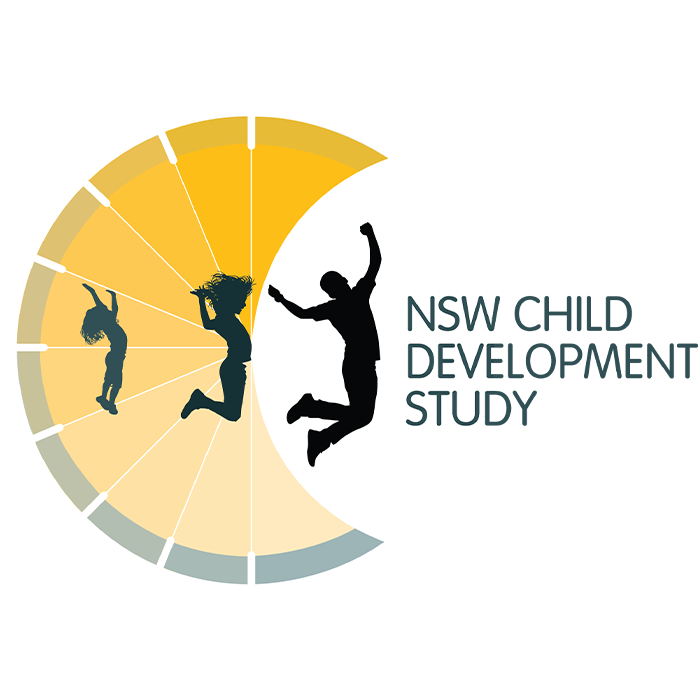NSW Child Development Study

The NSW Child Development Study (NSW-CDS) is an intergenerational record linkage study which combines routinely collected data from state and commonwealth departments (spanning health, education, justice, child protection and welfare records) for a NSW population cohort of over 90,000 children being followed from birth to adulthood. This study design facilitates novel insights into the development of mental disorders across the life-course, with consideration of intersecting mental health, justice, education, and physical health problems.
Results from the study will be useful to schools, governments, and other organisations to help inform policy developments and influence community-based action to maximise resilience and build mental capacity during critical years of development. By assessing a population cohort, the study can provide unique information about the needs of all young people; that is, it will be possible to identify opportunities for mental health promotion programs relevant to every child, as well as more targeted interventions for children who are vulnerable to particular adverse health or other (e.g., educational, social) outcomes. The primary aims of the study are therefore to provide resources that will support better mental health and wellbeing outcomes for all Australian children.
The NSW-CDS is led by Professor Melissa Green and conducted in collaboration with other researchers at UNSW, Monash University, Queensland University of Technology, and Griffith University. Ongoing collaborative partnerships with the NSW Ministry of Health, the NSW Department of Communities and Justice, and the NSW Department of Education ensure that the results are regularly transformed into usable knowledge that can be translated into policy and practice.

Identify risk and protective factors affecting mental health and wellbeing from childhood to adulthood, including the earliest modifiable risk factors for targeted prevention programs.

Work collaboratively with Government to provide evidence-based findings to inform policy and practice reform in child protection, health and education.

Understanding the characteristics of young people who come into contact with the criminal justice system and the pathways of risk and resilience following early contact with the justice system.

Improving our understanding of the factors that impact students’ learning outcomes and engagement, and their relation to later mental health and social outcomes.



